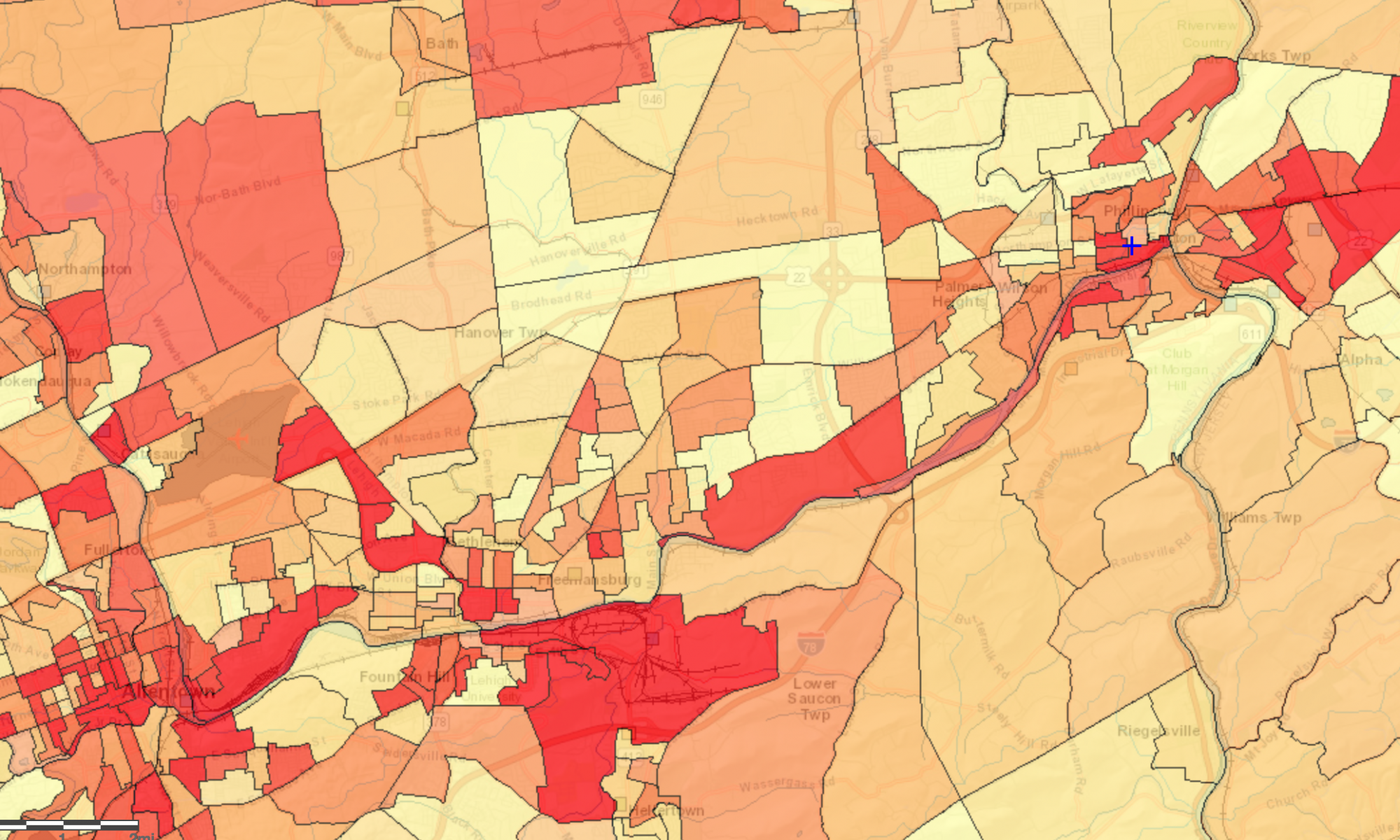Conclusions
It is proposed that this issue, along with other issues of energy justice, be approached via procedural and deliberative mechanisms. We acknowledge the following actions, which may be instrumental in tackling the injustices of the PennEast pipeline.
- Mandate transparency in instances where people will be relocated for extraction purposes: where will these people be relocated to, and how much will they be compensated?
- Mandate clearer statements concerning the role of eminent domain. Expose the reasons why claiming eminent domain in the instance of PennEast does not meet this role.
- Continue the facilitation of discussion between corporate interests and local communities using actions like
- Continue employing litigation. A lawsuit carried out by the Delaware Riverkeeper Network against PennEast, although unsuccessful, illustrates the potential impact of litigation in halting risky energy projects. Historically, litigation has been used to approach the threats of corporate infiltration and impact on local communities.
Future Research Questions
Suggestions should be identified for more justly carrying out energy resource extraction and transportation initiatives, in terms of maintaining economic prosperity, community safety and engagement, as well as environmental health and safety.
Several research questions should guide future research concerning the PennEast pipeline and its potential implications for the local Lehigh Valley community. These questions can be similarly applied to many case studies of energy justice, and may prove integral to addressing current threats to a safe, environmentally robust, and reliable energy portfolio.
- Are non-renewable energy corporations economically beneficial or detrimental to the towns that they operate in?
- What types of actions may be carried out (distributive and/or procedural in nature) in order to mitigate instances of energy injustice from the source?
- Are non-renewable energy corporations economically beneficial or detrimental to the towns that they operate in? If any, are the economic benefits they supply sustainable or temporary?
- What are the long-term effects on local communities and environmental health when energy resource extraction and transportation is not performed responsibly?
- Where are safety precautions, etc. skipped out on to save money? If pipelines are necessary, how can they be installed safely?
